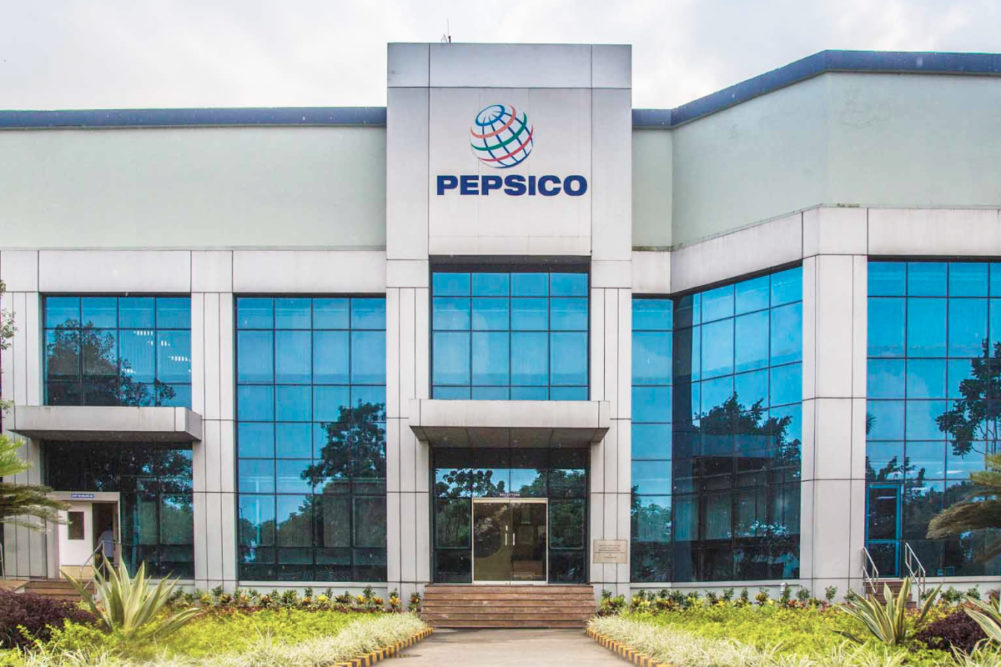LONDON — Mental performance benefits may become prominent in new product innovation at PepsiCo, Inc. Researchers at the company are examining how foods and beverages affect neurochemical pathways, said Antonio Tataranni, MD, chief medical officer.
“We are in our learning phase through that project, and if I can make a prediction, that will turn out to be a platform for us,” he said Sept. 30 in the Future Food-Tech Summit, a digital event.
Two areas showing promise are reducing sleep deprivation and improving the mind-gut axis.
“Sleep deprivations has a major impact on a number of chronic diseases, including neurological diseases,” Dr. Tataranni said.
PepsiCo, Purchase, NY, last year introduced Driftwell, an enhanced water formulated to help consumers relax before going to bed. The beverage contains magnesium and L-theanine.
“We now recognize within our organization that sleep is an important aspect of which to concentrate if we want to be in this space of functional food and beverages,” Dr. Tataranni said.
The creation of Driftwell came through an internal competition at PepsiCo, he said. Three associates in Canada founded the project.
“From that competition, (putting) a product in the marketplace, that happened over a very short period of time – about 12 months,” he said.
The diet may affect the gut-mind axis, which in turn may affect mental performance.
“Specifically at PepsiCo we’re watching the emergence of this field of psycho-biotics, which is very, very interesting,” Dr. Tatrianni said.
Royal DSM, Heerlen, The Netherlands, also is investigating micronutrients that affect how the brain functions, said Nicolas Meyrial, global head – brain health solutions for DSM. Omega-3 fatty acids, one example, are deficient in the diet, he said.
Other emerging molecules may enhance mental performance.
“Typically, what we refer to as nootropics,” he said.
Any new products designed to improve mental health performance should have an acute effect, meaning consumers feel the benefit quickly, Dr. Tataranni said, giving “the famous caffeine kick” in coffee as an example.
“Whatever your favorite functional ingredient is, when it’s delivered through snacks and beverages, the question becomes what is the expectation that is created at the consumer level, and can you deliver on that expectation,” he said.






